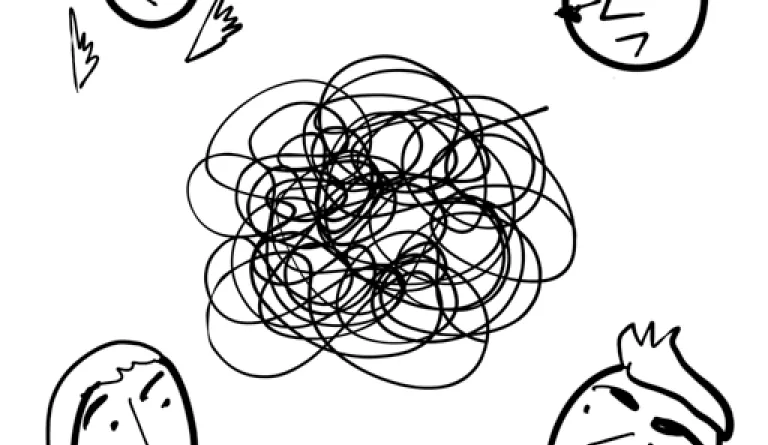Design Thinking: Explore New Ways of Solving Problems at the 2017 ETL Conference

At next month's Educating Tomorrow's Lawyers Conference, we will spend Saturday morning in a Design Thinking workshop. It will be a hands-on way to learn what a design approach is, for you to use as an experiential teaching method or as a problem-solving process.
When you hear the word “design,” you might assume this method is all about visuals, making things look nice, and choosing the best PowerPoint themes. Good visual design is important.
But “Design Thinking” focuses not so much on visuals, as on solving problems in more human-centered and experimental ways. It's about understanding a challenge area from different stakeholders' perspectives, and then quickly building and testing new solutions to see which have the greatest promise.
At Stanford, we have been experimenting with how best to teach “innovation” and “design” at our Law School. I founded the Legal Design Lab after having a year fellowship at Stanford's Institute of Design (the d.school), which is the home of design thinking. With the lab, we run interdisciplinary classes in partnership with legal organizations—courts, firms, clinics, regulators, and corporate departments. Students work in small teams to research the partner's challenge area, interview users, brainstorm solutions, and test and refine them. Students are challenged to be creative and ambitious. They must learn about technology, organizational cultures, and regulation to craft solutions. They also must develop leadership skills to manage their teams and partners.
We've also used design thinking as we've created the lab. We've consciously experimented with our space, our events, our outreach strategies, and our research to make them as engaging and relevant to our stakeholders.
Design is lively and colorful. It's high energy: you get to sketch things out, play with wild and improbable ideas, engage in “serious play” with your colleagues, and get creative borrowing from other domains with analogous thinking. At our workshop, you'll get a chance to build your Design Muscles, and see which of the mindsets and processes might serve your work. We look forward to it!
